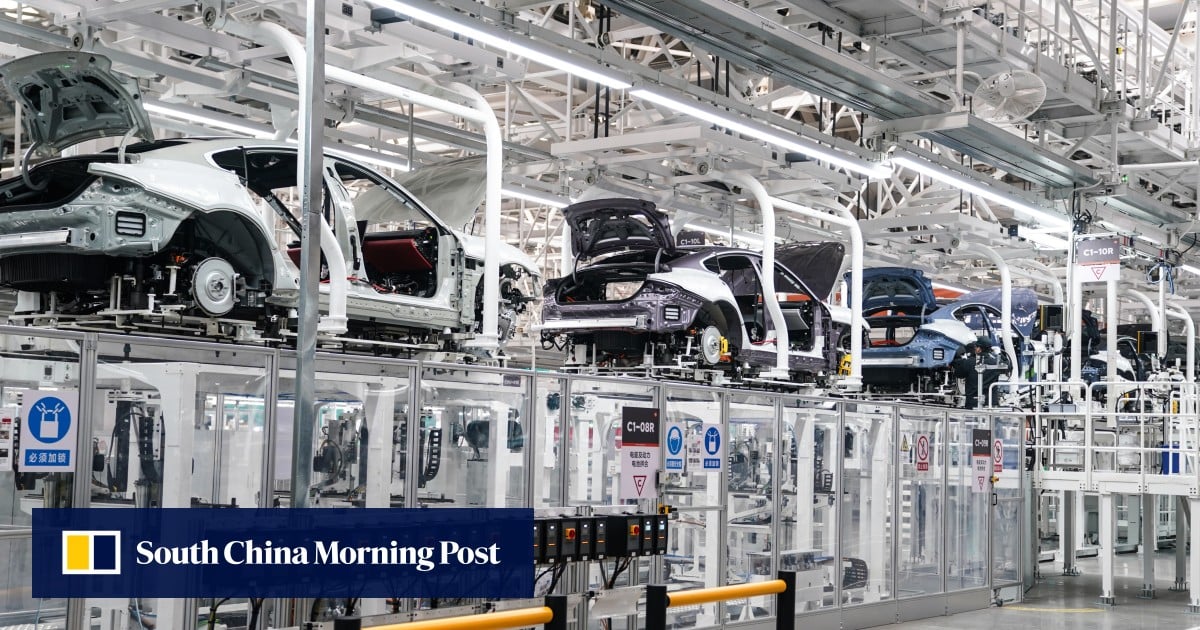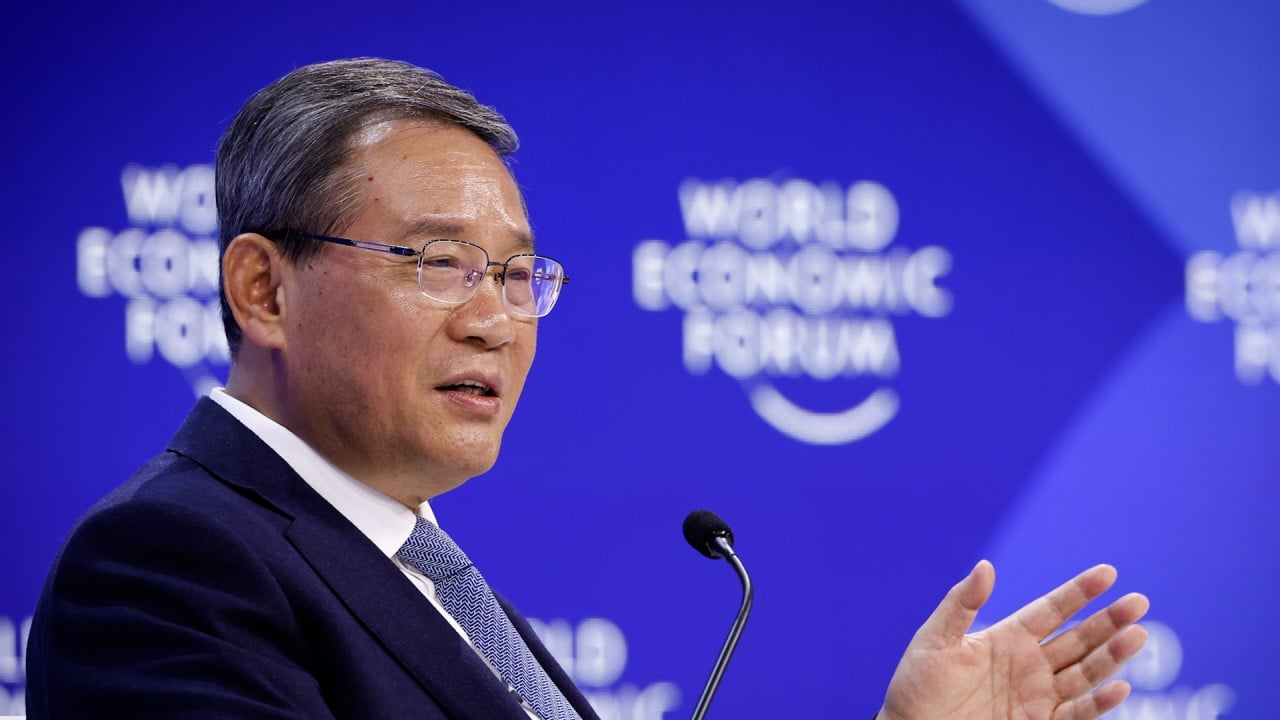China will mobilise what the country’s leaders have referred to as “patient capital” – funds oriented towards the longer term with greater risk tolerance – to bankroll its strategy to leverage emerging technologies into a force for economic development.
“To develop new quality productive forces and strengthen the development of future industries … We should actively develop venture capital and scale up patient capital,” said the official readout from Tuesday’s meeting of the Politburo, a high-level body of the Communist Party.
As authorities look to implement this blueprint and move resources into research, the Politburo is identifying patient capital as a critical source of funds, analysts said.
“Patient capital” was coined by American economist Stephen Kaplan in 2021 in his book dissecting the political economy of Chinese investments in the Americas.
Since then, the term has taken on more meaning in China’s official discourse, as state assets and securities watchdogs have called for longer-term financial resources to be pooled into key sectors.
“It should be said that the term is not new, but the significance is bigger in the context of the current economic and geostrategic cycle,” said economist and government adviser Ma Guangyuan on Wednesday. “Patient capital is called for in the cultivation of new industries over long time frames.”
With new regulations and mandates, is the party over for China’s finance sector?
With new regulations and mandates, is the party over for China’s finance sector?
Yan Xiang, chief economist with Fujian-based Huafu Securities, said patient capital will be sorely needed when China seeks sources of innovation, but numerous tech start-ups are parched for funding.
“Their high risk exposure, lack of collateral and uncertainties in trailing new, disruptive technologies usually put off banks. It would be years before tech firms can lock in finance,” Yan said.
“This is where venture capital and patient capital can fill the void, to invest early in small start-ups as well as technologies.”
Although there is no official set of definitions or values for what constitutes patient capital, analysts said funds that qualify would need to “play long”, minimise interventions in the daily affairs of recipient companies and be less risk-averse. To scale it up, they added, Beijing also needs to issue policies to ensure capital remains patient.
Patience is the key in our pursuit of innovation and transformation. We should not be myopic or rush for quick success or gains
“Patience is the key in our pursuit of innovation and transformation. We should not be myopic or rush for quick success or gains,” he said.
He also suggested the government and state-owned enterprises take the lead on backing start-ups in decisive sectors, with metrics that stress longer-term returns.
“All capital, including state-owned capital, ultimately pursues profit. There must be long-term policy design, expectations or even protection,” said Alex Ma, a professor of public administration with Peking University.
State capital should serve as the vanguard in this effort, he added, as when government aid and stable expectations exist, private capital will follow – and that initial wave of support will go a long way in setting out ground rules or adjusting existing ones.
“Appraisals are usually short on long-term vision, but the new productive forces goal is a prolonged one. If an investment goes astray or a recipient company goes under, how [else] to pursue responsibilities or to what extent decision makers should be held accountable?”


